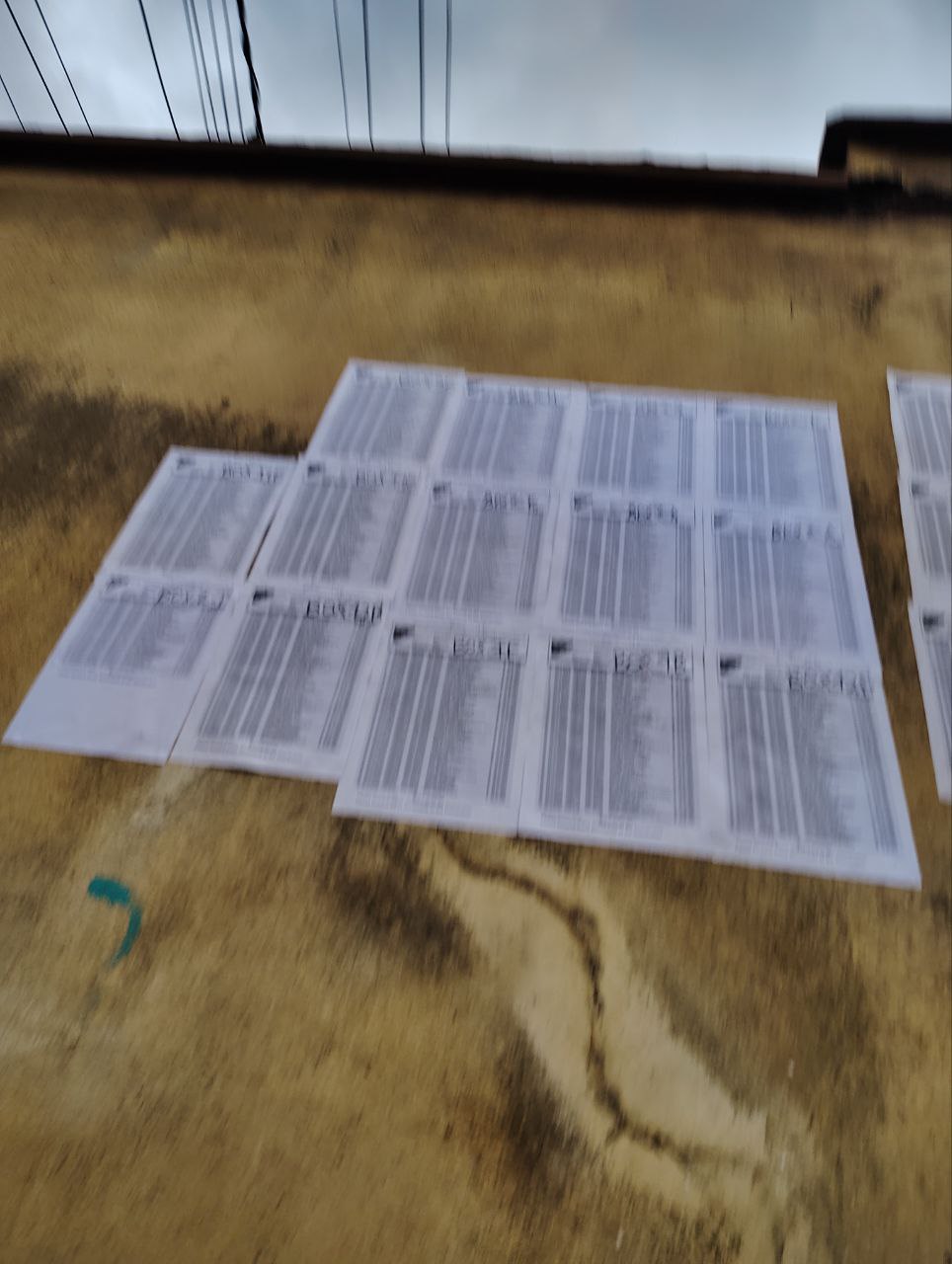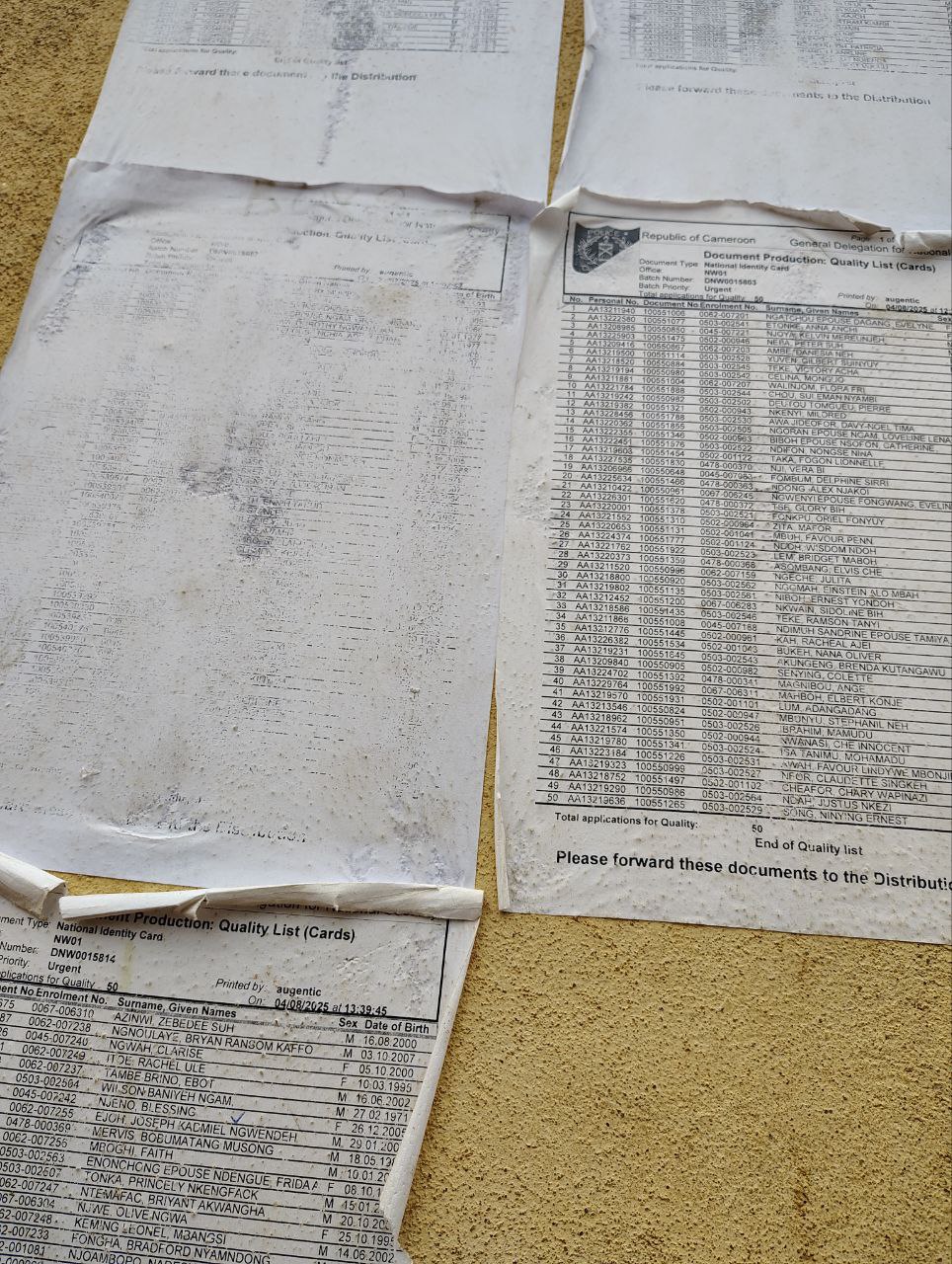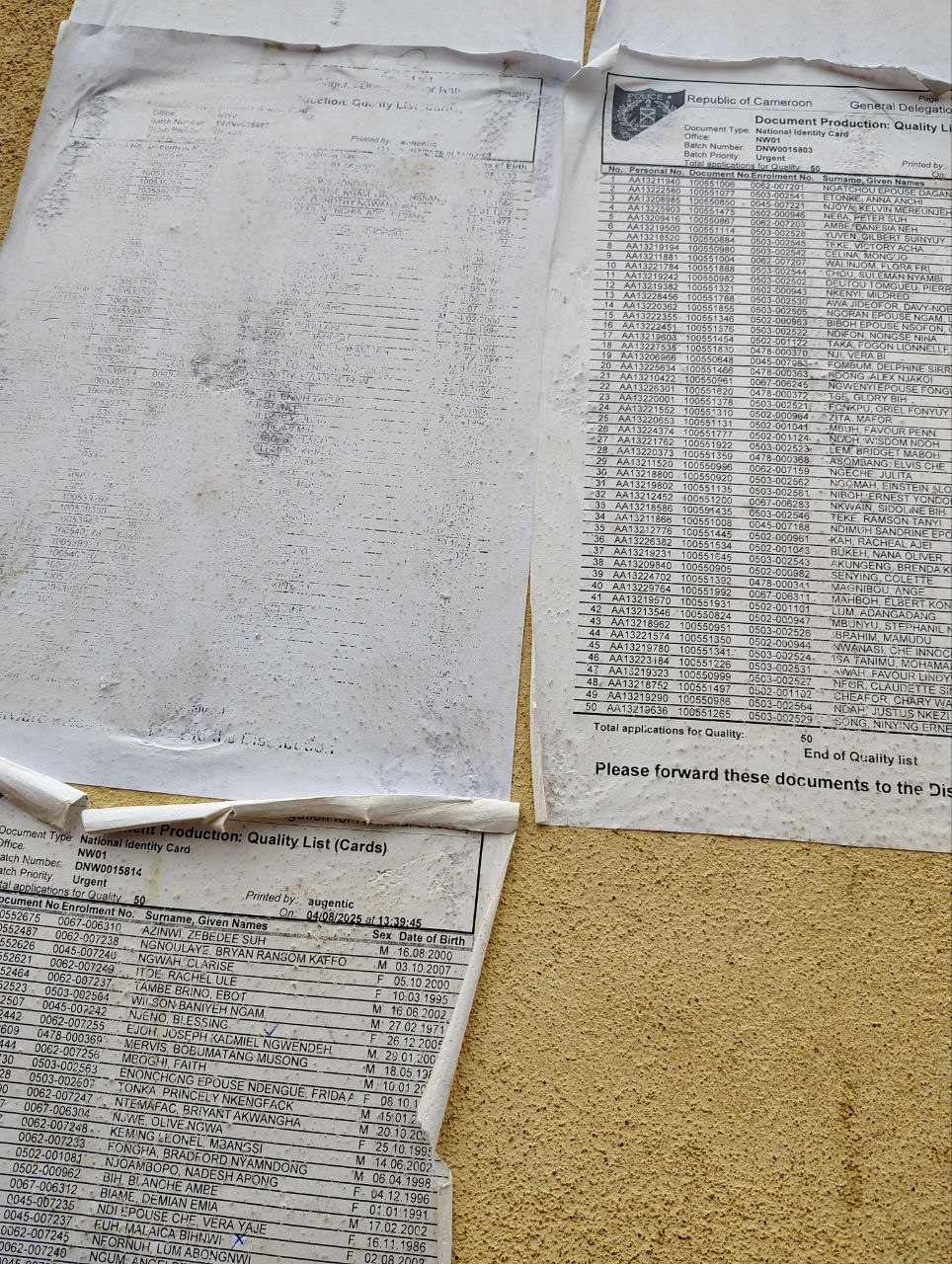ID Palava 2 (The Struggle To Get My National Identity Card)
Of all the modern inconveniences, the special purgatory reserved for those travelling without an ID card is a unique form of torture. The constant, apologetic “Pardon, chef” at every checkpoint, the sorrowful face you have to put on to plead your case, the endless explanations—I was days away from finally leaving it all behind. My ticket to freedom wasn’t the plastic card itself, but a simple, flimsy receipt. That little slip of paper was my golden ticket, my promise that a normal, ID-endowed life was just within reach.
The promise began on a surprisingly cheerful note at the local police station. The officer who assisted me was a beacon of unexpected warmth in a place usually shrouded in bureaucratic gloom. “Go and wait for two weeks,” he said with a smile that felt almost revolutionary. “Then go to the public security office in Old Town and check to see if the original has been printed.” I floated out of there, my spirit buoyed. For once, a public office had felt… public-serving.
But the universe, it seems, enjoys a good plot twist.
Seventy-two hours later, my phone buzzed with a message from none other than the Director of National Security, delivered in the solemn bilingualism of French and English. My heart sank as I read it. It seemed to command me to return to the station immediately—to have my details and photograph taken all over again. A glitch in the matrix. A bureaucratic nightmare.
I trudged back, SMS held out like a shield. The same officers glanced at the message and shrugged with the practiced ease of those who see the system malfunction daily. “Don’t bother,” one said, waving a dismissive hand. “This happens sometimes. For no reason. Just go wait your two weeks.” And so, the waiting resumed.
Finally, the two-week sentence ended. I marched to the Public Security office in Old Town, a man on a mission. My mission, I quickly learned, was to become a detective.
The process was this: the names of every citizen whose ID had been printed were typed on lists, which were then pasted—not on a bulletin board indoors, not under protective glass—but directly onto the exterior wall of the police station, exposed to the elements. Our task was to scour these rain-stained parchments for our names, like scholars searching for our own names in a fading ancient text.

My first clue that the system was flawed was the weather. A recent downpour had ravaged the lists. Some names were blurred into grey smudges; others were washed away entirely. I had a horrifying thought: what if my ID was ready, but my name had been a casualty of an afternoon shower? What then?

The second, more sinister flaw was the unspoken rule. If you found your name, you had to write your list number on your receipt and submit it into a small box. Then you sat, waiting in “prayer or supplication,” as the instruction went, for your name to be called. But whispers in the crowd suggested that sometimes, finding your name wasn’t enough. Sometimes, it required an extra, unofficial step—a quiet exchange of cash to “encourage” an officer to actually check for you. The rain-washed lists didn’t just create confusion; they created a marketplace for corruption.
And so I began my search. For sixty long minutes, I squinted at the water-damaged lists, my eyes scanning line after line of smudged ink, my finger tracing down column after column. I joined a crowd of hopeful, anxious citizens, all of us united in our paper chase.
Line after line. List after list. Nothing.
The hope that had carried me there slowly drained away, replaced by a familiar, sinking feeling. My name was not there. It was either not printed, or it had been washed away by the rain and was now lost to the system, forever.
I turned away from the wall, the cheerful receipt suddenly feeling useless in my hand. The purgatory of no ID wasn't a memory yet. In fact, it felt more present than ever.
